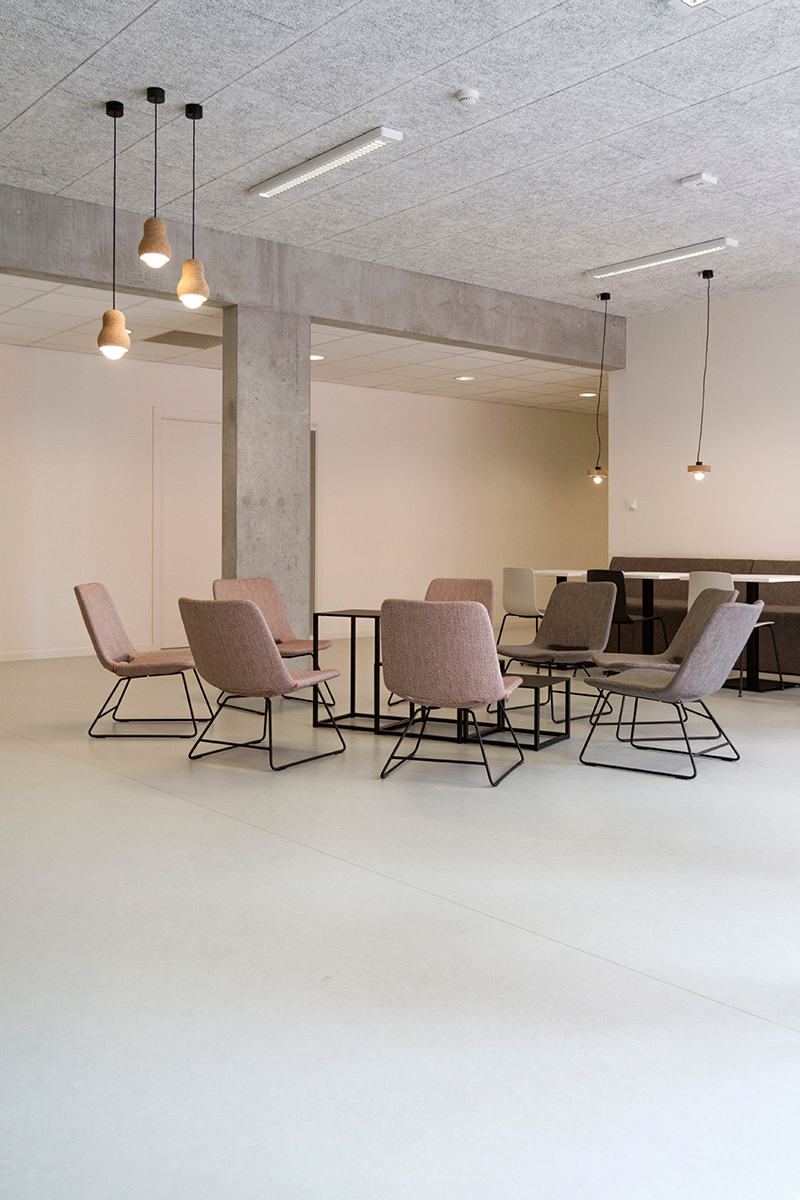Corporate events play a crucial role in fostering business relationships, launching new products, and enhancing brand visibility. Effective planning and management of these events are essential for achieving the desired outcomes and creating a lasting impression on attendees.
One of the first steps in planning a corporate event is defining its purpose and objectives. Whether it’s a conference, a seminar, a product launch, or a corporate retreat, understanding the event’s goals is critical. This helps in shaping the event’s agenda, selecting appropriate speakers or presenters, and ensuring that the content aligns with the objectives.
Venue selection is a fundamental aspect of corporate event planning. The venue should be easily accessible, equipped with necessary facilities, and capable of accommodating the expected number of attendees. It should also reflect the event’s tone and style, whether it’s a formal conference or a casual networking event.
Effective communication is key to successful corporate events. This includes sending out invitations well in advance, providing clear information about the event’s schedule and location, and ensuring that attendees are kept informed of any updates or changes. Utilizing digital tools such as event apps or websites can streamline communication and enhance the attendee experience.
Logistics management is another critical component. This includes arranging transportation and accommodations for out-of-town guests, coordinating on-site registration, and ensuring that all technical requirements are met. Smooth logistical planning ensures that the event runs seamlessly and allows attendees to focus on the content and networking opportunities.
Engaging content is at the heart of any successful corporate event. This involves selecting relevant topics, inviting knowledgeable speakers, and creating interactive sessions that encourage participation. Incorporating multimedia presentations, panel discussions, and Q&A sessions can enhance engagement and make the event more dynamic.
Networking opportunities are a significant draw for corporate events. Facilitating networking through structured activities, such as breakout sessions, networking lunches, or evening receptions, allows attendees to connect with peers, share ideas, and build valuable business relationships. Providing networking tools, such as attendee directories or event apps with networking features, can further enhance these opportunities.
Catering is another important consideration. Offering high-quality food and beverages, accommodating dietary restrictions, and ensuring timely service contribute to a positive attendee experience. Thoughtful catering choices can also reflect the event’s theme and enhance its overall atmosphere.
Technology plays a vital role in modern corporate events. Utilizing audiovisual equipment for presentations, live streaming sessions for remote attendees, and incorporating event management software for registration and scheduling can significantly enhance the event’s efficiency and reach. Embracing technology also allows for the collection of valuable data and feedback, which can be used to improve future events.
Sustainability is an increasingly important aspect of event planning. Implementing eco-friendly practices, such as reducing waste, using recyclable materials, and sourcing local products, demonstrates a commitment to sustainability and can enhance the event’s reputation.
Finally, post-event follow-up is essential. Sending thank-you notes to attendees, sharing event highlights, and gathering feedback help in maintaining engagement and identifying areas for improvement. This continuous feedback loop ensures that each corporate event builds on the success of previous ones.
In summary, effective planning and management of corporate events involve a combination of strategic planning, detailed logistics, engaging content, and a focus on attendee experience. By paying attention to these elements, event planners can create impactful and memorable corporate events that achieve their objectives.





Hi, this is a comment.
To get started with moderating, editing, and deleting comments, please visit the Comments screen in the dashboard.
Commenter avatars come from Gravatar.